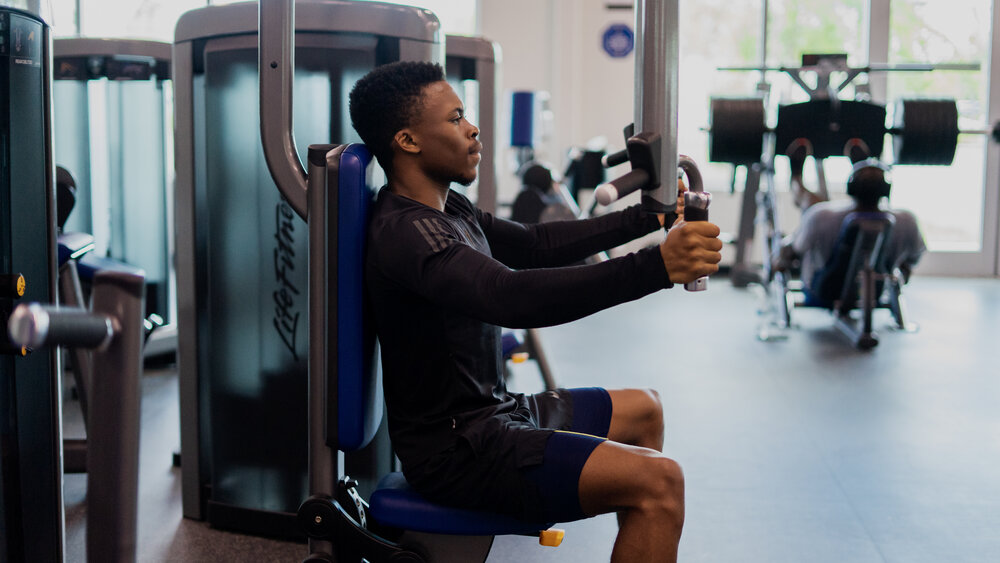The Mayo Clinic did a study that everyone should be aware of. Their findings directly impact how everyone should view the importance of devoting a portion of their day to health and wellness. No more excuses! Everyone should be regularly exercising and it’s more important now than ever.
The objective of the study was to, “investigate the relationship between maximal exercise capacity measured before severe acute respiratory coronavirus 2 (SARS-CoV-2) infection and hospitalization due to coronavirus disease 2019 (COVID-19).”
Translation: what effect does exercise have on someone getting sick and needing to be hospitalized due to COVID-19?
Patients at least 18 years of age that had completed a clinically indicated exercise stress test were studied.
246 patients were identified, “who had an exercise test and tested positive for SARS-CoV-2.” 89 of those, 36%, were hospitalized. The Maximal Exercise Capacity of those hospitalized were significantly lower.
“Maximal exercise capacity is independently and inversely associated with the likelihood of hospitalization due to COVID-19. These data further support the important relationship between cardiorespiratory fitness and health outcomes.”
“Cardiorespiratory fitness or exercise capacity directly reflects the integrated function of multiple organ systems. As such, it is an important measure of overall health and the body’s ability to respond to internal and external stressors, such as COVID-19.”
What that means: moderate-intensity aerobic exercise enhances immune function above that observed with sedentary behavior. Regular moderate to vigorous aerobic exercise is an important contributor to exercise capacity and influences the body’s response to an infection.
Everyone needs to regularly engage in aerobic exercise to maintain or improve their exercise capacity and decrease their risk for COVID-19 related hospitalization. Get moving!
Works Cited; C.A. Brawner, J.K. Ehrman, S. Bole, et al. Maximal exercise capacity is inversely related to hospitalization secondary to coronavirus disease 2019 Mayo Clin Proc, 96 (1) (2021), pp. 32-39







